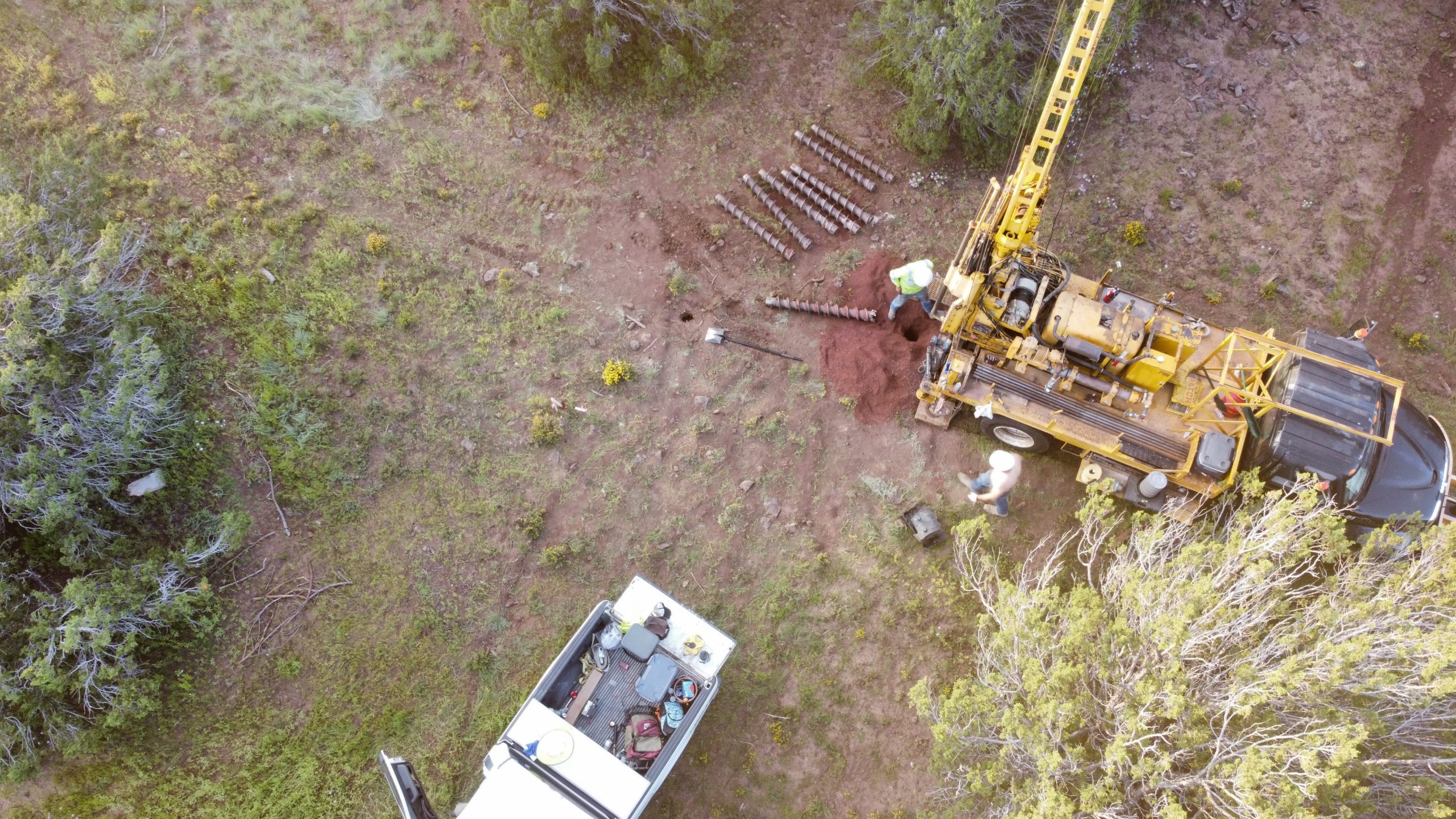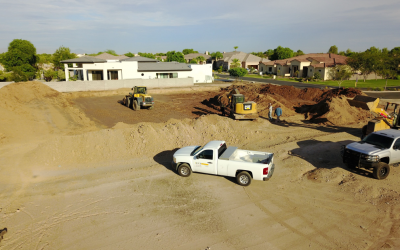What is Geotechnical Engineering?
1. Geotechnical Engineering deals with the behavior of Earth Materials
Geotechnical engineering is a branch of civil engineering that deals with the behavior of earth materials such as soil, rocks, and groundwater, and their interactions with structures such as buildings, roads, bridges, and other infrastructure. The objective of geotechnical engineering is to design and construct safe and cost-effective structures that can withstand the forces and conditions of the surrounding soil and rock.
2. Geotechnical Engineering is Rooted in Mechanics
Geotechnical engineers use principles of soil and rock mechanics, geology, and hydrology to design foundations, slopes, retaining walls, tunnels, embankments, and other earthworks. They conduct site investigations to understand the properties of the soil and rock, such as strength, stiffness, permeability, and compressibility. They also evaluate the potential hazards such as landslides, liquefaction, and subsidence.
3. Geotechnical Engineering is Important for Infrastructure Projects
Geotechnical engineering is important for infrastructure projects such as building foundations, dams, levees, tunnels, and highways. It is also important in the mining industry, where geotechnical engineers design and operate underground mines and tailings dams.
In summary, geotechnical engineering is a critical discipline in civil engineering that deals with the properties and behavior of earth materials and their interactions with structures. Its application is essential for the safe and sustainable construction of infrastructure projects.


